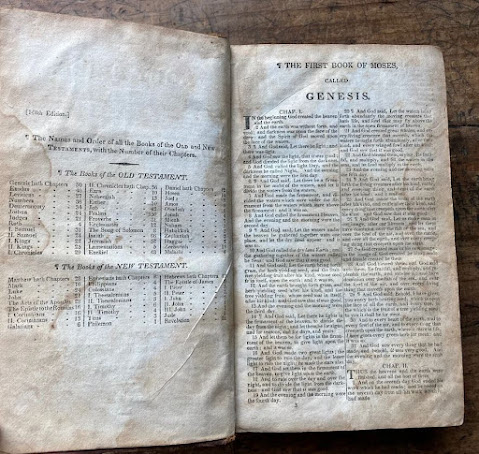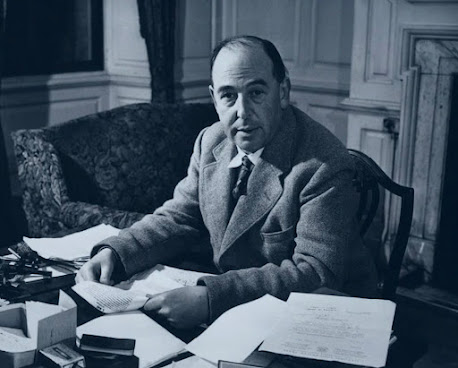Why I don't believe the written, canonized bible is the absolute and complete "Word of God"
I have discussed extensively why I don't believe the written, canonized bible is the absolute and complete "Word of God" here: https://genericchristianmystic--returns.blogspot.com/2022/12/word-of-god-not-bible-hunh.html
And one of the arguments thrown out repeatedly in the past is that the New Testament writers called the epistles "scripture" and tautologically speaking -- scripture = bible = Word of God = bible = scripture.
However most every time when the New Testament writer was referring to scripture -- it was not to the epistles of the 1st century. The old testament was what was the accepted "scriptures" of the day.
I hear people refer to this following new testament passage over and over like little automatons:
2 Timothy 3:16-17 (Darby Translation)
16 Every
scripture [is] divinely inspired, and profitable for teaching, for
conviction, for correction, for instruction in righteousness;17 that the man of God may be complete, fully fitted to every good work. Well, guess what? Paul was not looking at a complete and canonized bible in front of him when he wrote that! The bible as we have it now was not available for Paul to call our accepted bible of today -- scripture. Timothy and Paul only had the accepted scriptures of the old testament.
16 Every
scripture [is] divinely inspired, and profitable for teaching, for
conviction, for correction, for instruction in righteousness;17 that the man of God may be complete, fully fitted to every good work.
Well, guess what? Paul was not looking at a complete and canonized bible in front of him when he wrote that! The bible as we have it now was not available for Paul to call our accepted bible of today -- scripture. Timothy and Paul only had the accepted scriptures of the old testament.
Even appealing or referring to your contemporary, 1st century brother in the faith's writings is not equal to declaring them the Word of God. None of the writers of the New Testament ever undisputedly referred to each other's writings as the Word of God.
Here are a few examples trotted out by those trying to prove the disciples thought 1st century writings were the very Word of God:
In 2 Peter 3:15-16, Peter refers to the writings of Paul as “Scriptures”
In 1 Thessalonians 2:13, Paul referred to his own message as “the word of God”
In 1 Timothy 5:18, Paul takes a quotation from the Gospel of Luke – and he calls it “Scripture” (Luke 10:7)
In some of his letters, Paul instructs the recipients to distribute his letters and have them read in the churches. (Colossians 4:16, 1 Thessalonians 5:27)



Comments
Post a Comment